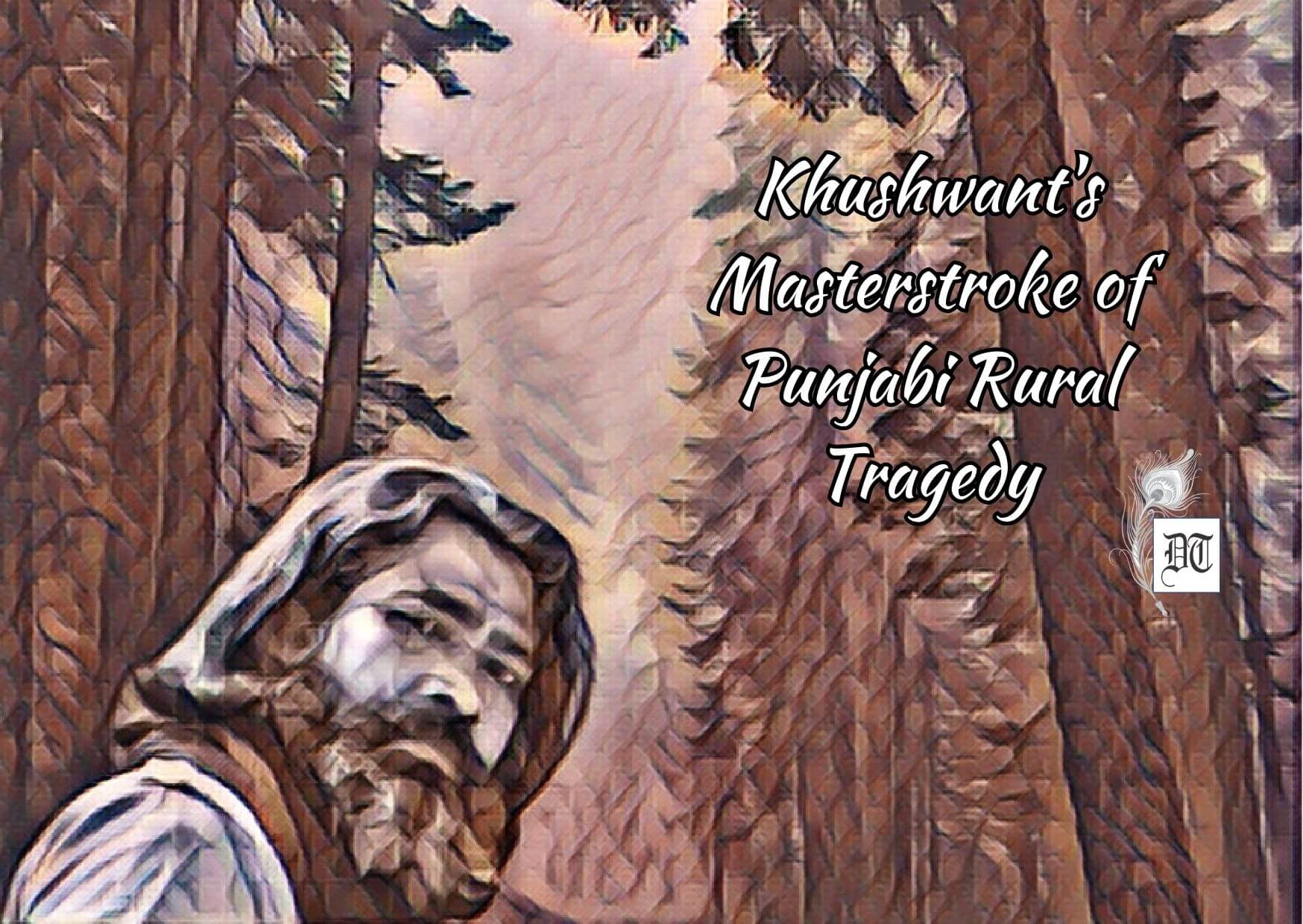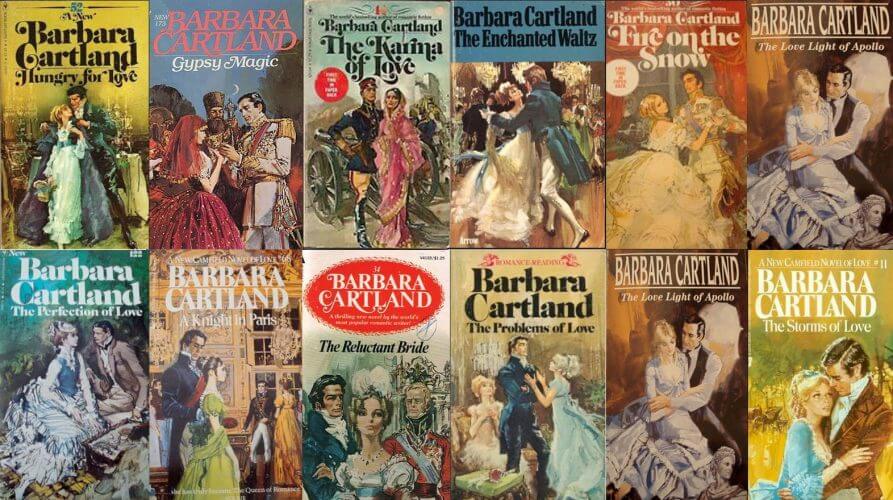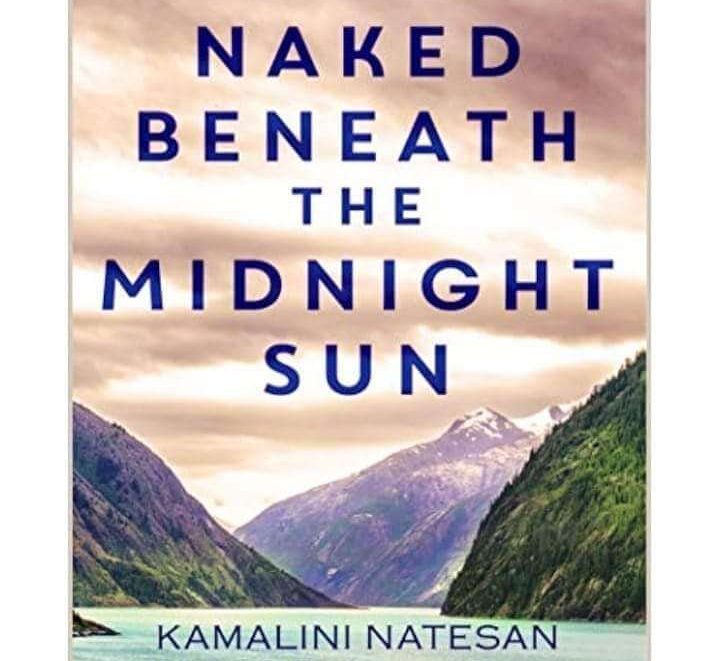
Michele reviews, ‘The Significant Anthology’, edited by Reena Prasad and Dr Ampat Koshy. A 300- page compendium, it showcases 176 contributing authors. Its three sections, poetry, prose and long poem, contains ‘secrets of its own’, as the Different Truths reviewer tells us.
With touches of brilliant poetry, captivating prose, and gripping characterisations and themes, The Significant Anthology, assembled and edited by Reena Prasad and Dr. Ampat Koshy, provides more than 300 pages of observation and insight, voiced by 176 contributing authors, and several prefacing writers, from nations across the world. Each selection has secrets of its own, and The Significant Anthology is a book, which can accompany a lifetime, supplying each reader with morsels which can be read, and re-read, providing a source of companionship, of insight, of encouragement and even of enjoyment, and fun along the way.
It would appear we each have an allotment of time upon this planet, which we share. There seems to be no method of prolonging our journeys once we have walked our farthest. Is there a force that numbers our steps, and our days? Neither man nor the religion, art, science, or laws developed by man have progressed to prove, indelibly and indubitably, the presence or absence of meaning, or extra-terrestrial scope beyond the limited visibility of distant stars and planets afforded us within our explorations of the night skies.
 Perhaps in defiance, perhaps in acquiescence, certainly with hope, we, as humans, have evolved many forms of communication through which to recount our experiences, re-evaluate our relative positions, and re-invigorate our days with understanding, or courage, or humor. Are there miracles in our lives? Were there ever?
Perhaps in defiance, perhaps in acquiescence, certainly with hope, we, as humans, have evolved many forms of communication through which to recount our experiences, re-evaluate our relative positions, and re-invigorate our days with understanding, or courage, or humor. Are there miracles in our lives? Were there ever?
In these days of U.N. declarations of universal rights, human rights, equality and responsibility, qualities like love, fairness, and even basic human decency are still all-too-rare, too fleeting. We seek the dizzying heights of connection, inspiration, aspiration with which such experiences seem to infuse us. We celebrate the heroes, the artists, the writers whose deeds or creations inspire us with hope that we can capture for ourselves those sublime moments which bring us beyond ourselves, which imbue us with the hope that we may become something “more.”
Not all experiences, which allow us to transcend the ordinary, to attain a higher appreciation for those qualities that bind us as a species, capable of communication, of learning, of choice and change, are positive. Like the water, which comprises so great a proportion of our human forms, we seek levels simultaneously least-restricted by circumstance, and most comfortable to us within our circumstances. This seeming paradox is carried further by our seemingly instinctive striving for “more.”
And so, often, we would be water and oil, both: traveler and nurturer, independent and inspiration. We would journey, yet leave behind enough of ourselves that we are remembered should we depart, welcomed should we return (whether through fear, longing, or love is generally dependent upon the person). We would live—and be life, give life, cleanse life, treasure hope for a better life. Like oil and water, we often cannot unify the disparate pieces of ourselves without the caustic alchemy of experience, the amelioration of synthesis to a greater whole, the balm of the mnemonics of life itself—the spices, perfumes, and tissues which grace and make distinguishable our days upon this planet.
We revere those story-tellers most skilled at renewing within each of us the hope that we can survive the turbulent journeys of life, that we can amalgamate oil and water into a symphony of notes to accompany and sustain us throughout our travels. Some writers use the wry humor of life to accomplish this—tempering a vinegary acid from bitterness to bouquet; weaving a “dressing” of sorts with which to pique attention and inspiration. Other writers attend to the burning crucibles which test the limits of our endurance, our humanity, and, from the ashes of recognition draw forth the lye with which oil and water may be combined into a cleansing re-affirmation that life, even at its most damaging, may have meaning and purpose. There are other griots, who combine the water and oil of life with the basis of life itself—the carbons of sugar, of heat, to bake a bread more satisfying than laid upon any daily table, salted with wisdom, sweetened with the distillation of love.
Treasures, indeed, are such gems, when found, in their many facets and hues, within a collection of writings already pleasurable in their variety and scope. The Significant Anthology, in its three sections (poetry, prose, and one long poem, “Oh, Hark!”) combines writers new and experienced, youthful and venerable, of many nationalities, cultures, professions and tongues. All the pieces offer their unique magic of image and verse, their spicing of experience, their leavening of maturity—of burdens light or heavy, challenges extraordinary or scandalous, choices of acceptance or rebellion, humility or courage.
But, again, those special jewels which allow us, in reflection, to travel from innocence, to despair, to restoration, can break and reform our hearts, to change our view of the world forever. One such composition, a poem by Christopher Chiwanza, deals with concepts of sex: phone, cyber, physical, possessive, celebratory—without which humans as a species would cease to exist, yet through which humanity, as a quality, too often ceases. “All I Want is Sex” is an apology beyond gender, extoling the beauty of the heart, the strength of passion: “man’s highest passion is faith”, the learning of value:
“to teach our son
Not to be man first but to be human first with women
And I’m going to teach our daughter
Not to let patriarchal pretenders usurp her greatness
… you deserve to be deserved
You deserve to be served
A buffet of love, respect and honour…”
We are fallible, and our best intentions often collapse in a pile of misunderstandings, marked by signposts of missed opportunities, or sometimes, pilloried upon an un-torched pyre of heartbreaking misdeeds. “Confessions of a Tree” by Ananya Chatterjee protests with the silent screams of all we who cannot, from our distance, intervene to prevent iolence which profanes and even ends the lives of the defenseless, to decry the depradations which have stricken, and too often still afflict each of our societies in various ways…
“That night as they left her ruined form
on my brooding branches to decay
for the first time in years perhaps
I lamented my lack of say
My dearth of voice, failure to scream
To protest my role in their scheme
That night as her naked frame
Swung in the heart of a sleeping country
That night I felt the first surge of shame
The shame of being born a tree.”
Some poems interweave the sensibilities of centuries passed, and possibilities of ages yet to come. Such combinations of the biological and the binary are found in Bhaskaranand Jha Bhaskar’s, “Essence of Woman.” In three short stanzas, the reader is transported through evolution and faith, from “…primordial seed” through“…perennial reservoir …
Essence of life
Zip-filed in her womb
Immense and unfathomable…
Milk of human kindness
For one and all
Flows out incessantly
Through her motherly heart
Crossing the rivulets
Of feminine pain and distress…”
Of course, not every poem or piece of prose is focused upon gender, nor upon violence, or even upon effusions of emotion, though, it so often seems, we are prone to expressing ourselves and exploring our surroundings through the capacities and affinities of the human form with which we each are clothed. In “Autism” Neetu Wali weighs
“…Balanced steps to a dis-balanced life
Dis-balanced steps to a balanced life…
Enough for me for the rest of my life
So why change
And honestly speaking
Have a secret desire
I pray for them
To be deprived of
Such a wonderful life
A life unloaded of stupid emotions
A life as pure as a plain paper
Not plain enough
To be written upon
A life soft to touch
Hard to impress”
Looking with the unveiled eyes of too much knowledge, sadly personal, the brevity of “My Golden Apples”, by Nitin Soni:
“My golden apples – well, if anybody
Could see them blooming
Behind the curtains,
In custody of cloths –
Should have been a humble man
From my second life.
Too much pathos in my mother’s face
And too much lust in my father’s eyes
Who, after mouthing the simple
Breasts of his better half, came
In to taste the apples
I was growing up with.
Such a disgrace
To mankind!”
Turning the pages of The Significant Anthology to the section on short stories, we find a different perspective of childhood, parenthood, the celebration of small joys, and the quiet mourning of nights of dark despair. In “The Boy Who Wished for Rain,” by Ushnav Shroff, Abhijat’s school-boy’s-love for his mother, excitement in the coming of rains, and dreams for a father whom the storms are never strong enough to bring home, are combined in youthful, but very well-written prose. “Bajrapur…could be found sleeping on the outskirts of Nagpur, a few villages away from the city. Like a victim of chicken pox, it had been ostracized more times than required, in its ordeal to become a town.”
From a rain-isolated town to a “made it town,” the reader is also transported to the streets of New York, specifically, the “graffiti-spattered walls” of the Lower East Side, and veteran writer Joyce Yarrow’s three-paragraph recounting of youth, first-flights, first fights and first delights of autonomous expression in “My ‘Made It’ Moment”: “…Six months later she comes home to her lover’s announcement that he prefers someone else, the lease is in his name, she gets the picture. “Oh, there’s a letter for you,” he remembers and she snatches it out of his betraying hands on her way out the door, leaving it unopened for a week or so while she learns to breathe again and trust the air will not murder her.”
Sometimes, all we can do, in our travels through life, is to survive—to try to remember there will be another day, that the sun shines somewhere if not through the clouds which obscure our sight, the tears which cloud our eyes. In our recognition of the caustic sufferings which can strike anyone, anywhere, or in our sympathy, we can experience, can learn the empathy which might enable us to evolve to the better “humankind” of humanity. “In the backdrop of a city with all the glitterati, lay a few common men who embraced night as it came… I made my way inside the 3BHK flat, which was as lavish and spacious as you’d get in this city…” And in “Father and Daughter”, Animesh Ganguly expresses those balcony-edge thoughts which tormented, and transported his life: “…My drink was of no help today. Each time I saw Myra, I could see Aisha, my wife, who left me to give us our Myra. Aisha was my queen and Myra, my princess. Tonight, she slept crying and looks like I will too, as her words reverberate in my head. “‘Happy Mother’s Day, Daddy.’ ”
There is not enough space herein to express sufficient admiration for the writings of Reena Prasad and Dr. Ampat Koshy, without whom The Significant Anthology would not exist, nor for Dr. Santosh Bakaya, author of “Oh, Hark!”—the keystone epic poem, which won the first ever Reuel International Prize for Writing and Literature, in 2014, and which serves as the closing work of the Anthology. As readers of The Significant Anthology may learn, the cultures and creativity of so many authors has been fortuitously and wonderfully nurtured by a Facebook group titled ‘Rejected Stuff’. As Dr. Santosh Bakaya noted, “Rejection acquires a different meaning here, a different perspective. Rejection is new Acceptance…” Readers who are hungry for more can seek the authors therein highlighted upon the wall of ‘Rejected Stuff’. But for the magical combination of oil, water, and lye, the nurturing, the flow, and the experiences of life, the written artistry contained within the pages of The Significant Anthology is truly unique. I hope you will enjoy wandering through the journeys it portrays soon.




 By
By
What a tremendous review! The introduction itself blew me away. Michele Baron- this is something awesome! Hats off!
thank you very much, “Butterflies” hats off to your own tremendous writing, as well
hats off to your own tremendous writing, as well 